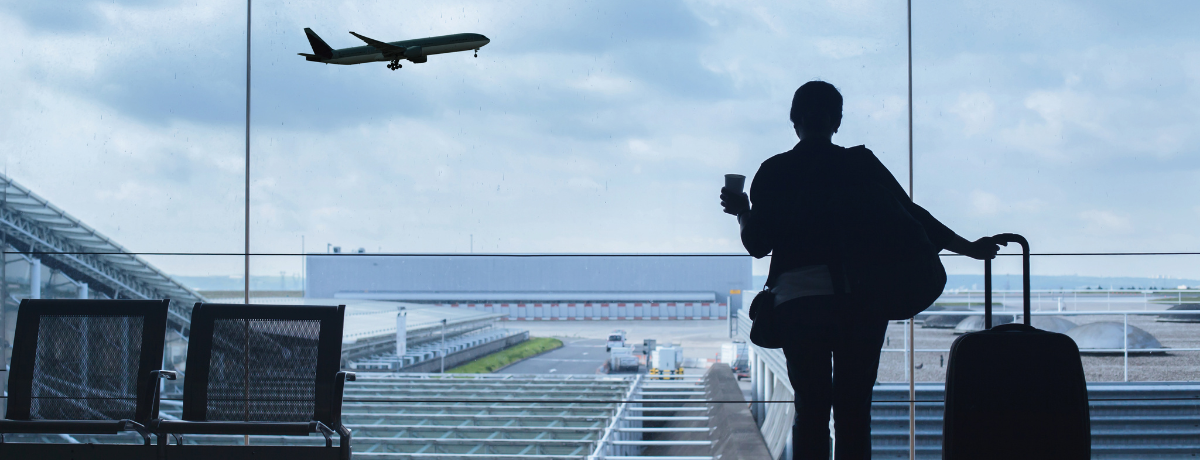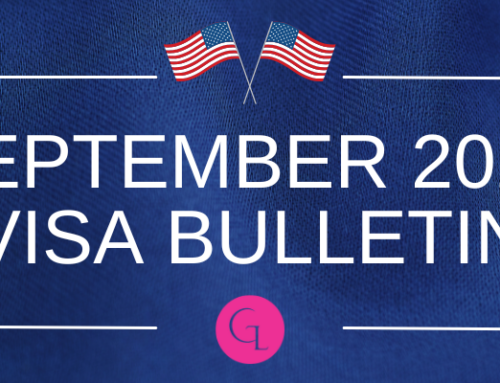The U.S. Citizenship and Immigration Services (USCIS) has recently provided updated guidance that impacts nonimmigrant exchange visitors, including foreign medical graduates. In this blog post, we’ll break down the key takeaways from this significant update.
What is the J-1 Visa Exchange Visitor Classification?
The J-1 exchange visitor nonimmigrant classification is designed for exchange visitors who intend to participate in an approved program in the United States. These programs cover a wide range of activities, including teaching, instructing or lecturing, studying, observing, conducting research, consulting, demonstrating special skills, receiving training, and pursuing graduate medical education or training.
What is the Two-year Foreign Residence requirement?
Many (not all) J-1 exchange visitors are subject to the two-year foreign residency requirement. This requirement mandates that “the exchange visitor reside and be physically present in their country of nationality or last legal residence abroad for an aggregate of at least two years before they are eligible to apply for an immigrant visa, adjustment of status, or a nonimmigrant H, L, or K visa.”
Recent USCIS Policy Manual Update
In a move to streamline and clarify the two-year foreign residence requirement for nonimmigrant exchange visitors and in addition to the guidance published in the USCIS Policy Manual on June 8, 2023, the USCIS has provided further guidance with additional details to clarify how the USCIS determines whether an applicant has met this requirement.
The Policy Alert issued by the USCIS on October 24, 2023, sets forth the following highlights from the updated guidance:
- USCIS determines whether the exchange visitor has met the 2-year foreign residence requirement within the context of a subsequent application or petition under the preponderance of the evidence standard
- A travel day, where a fraction of the day is spent in the country of nationality or last residence, counts towards satisfaction of the 2-year foreign residence requirement
- USCIS considers situations in which it is impossible for the benefit requestor to satisfy the 2-year foreign residence requirement on a case-by-case basis and consults with the Department of State in this situation
- Clarifies three exceptions to the requirement that a foreign medical graduate obtain a contract from a health care facility in an underserved area when seeking a waiver of the two-year foreign residence requirement.*
*Three exceptions to the Foreign Medical Graduate requirement to obtain a contract from a health care facility in an underserved area
When applying for a waiver of the two-year foreign residence requirement, Foreign Medical Graduates are required to obtain a contract from the health care facility located in an underserved area. An underserved area is designated by the United States Department of Health and Human Services (HHS) as a Health Professional Shortage Area (HPSA), Medically Underserved Area (MUA), or a Medically Underserved Population (MUP).
One notable aspect of the recent Policy Guidance update is that it addresses an omission in the previous Policy Manual, where one of the exceptions to the grounds for a waiver of the two-year foreign residence requirement for Foreign Medical Graduates was not included.
As such, the Policy Manual now sets forth the following three exceptions to the requirement that a foreign medical graduate obtain a contract from a health care facility in an underserved area when seeking a waiver of the two-year foreign residence requirement.
- If the U.S. Department of Veteran’s Affairs (VA) requests the waiver so that the FMG could practice medicine with the VA, the FMG must practice medicine with the VA for at least 3 years, but does not need to do so in an HHS-designated shortage area.
- If an interested federal agency requests the waiver so that the agency can employ the FMG full time to practice clinical medicine, the FMG may fulfill the obligation by working for the agency for at least 3 years in that capacity, rather than by practicing medicine in an HHS-designated shortage area.
- If an interested federal or state agency requests the waiver for an FMG who agrees to practice specialty medicine in a facility located in an HHS-designated geographic area, the FMG may fulfill the obligation by practicing specialty medicine in such a facility for at least 3 years. In such a case, the request must demonstrate a shortage of healthcare professionals able to provide services in the appropriate medical specialty to the patients who will be served by the FMG
This policy guidance is effective immediately, is controlling and supersedes prior guidance, and applies prospectively to benefit requests filed on or after today, October 24.
In conclusion, these USCIS updates aim to make the two-year foreign residence requirement more transparent and manageable for nonimmigrant exchange visitors and foreign medical graduates. It’s essential for those involved with these programs to stay informed and ensure they meet the updated criteria.
About the Author
Nadia Deans Kalata
Nadia Deans Kalata is Senior Counsel at Garvish Immigration Law Group, LLC in Atlanta, Georgia. Born and raised in Kingston, Jamaica, Nadia developed her passion for immigration law through her own personal experience with the immigration process in the United States. As a result, she has a unique perspective and understanding of her clients’ concerns and the challenges they face when dealing with the U.S. immigration system. Nadia has over fifteen years of experience in corporate immigration.







